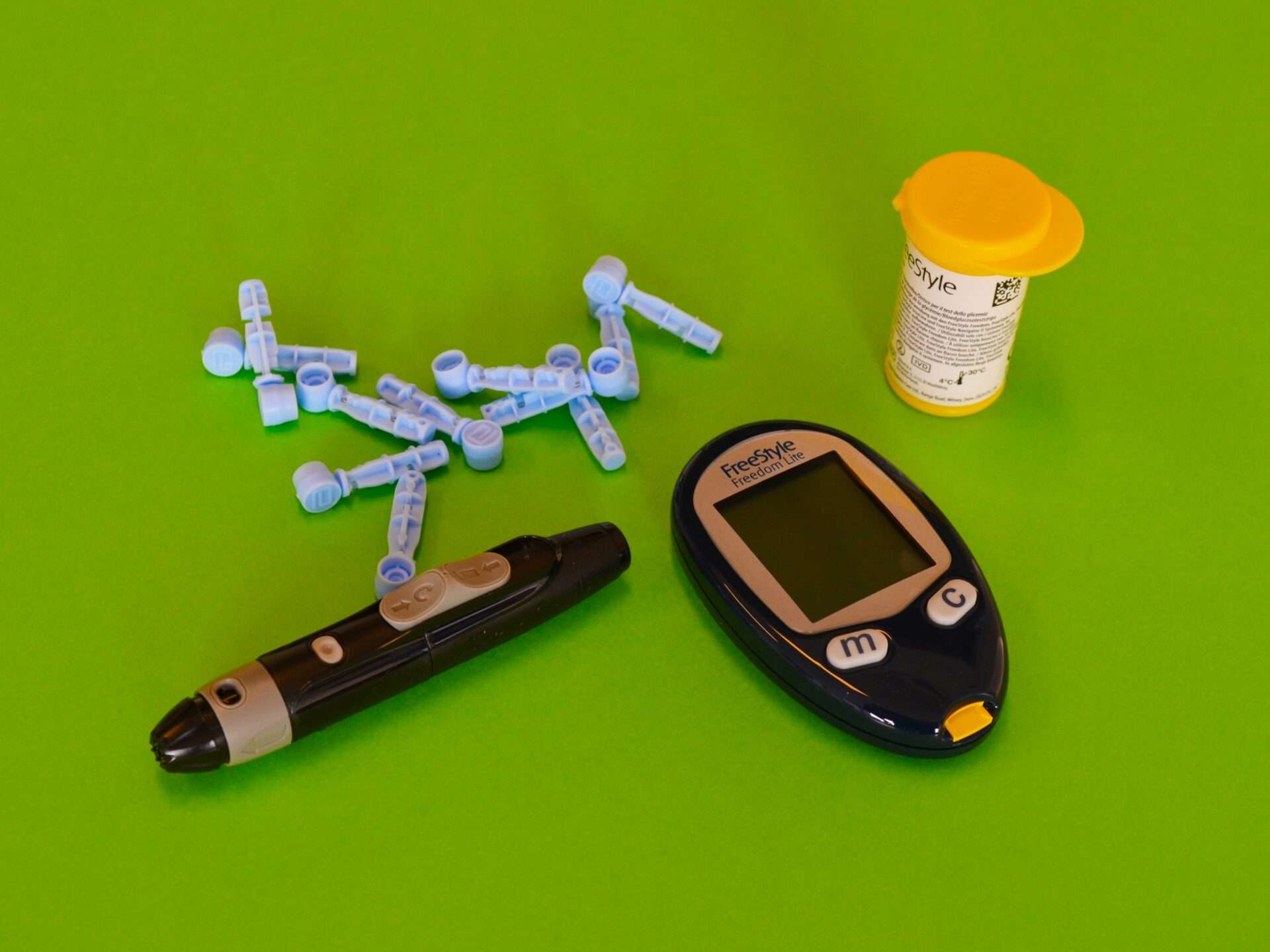The Therapeutic Power of Running for Chronic Conditions
Emerging research confirms running as a potent non-pharmacological intervention for managing chronic diseases. When properly implemented, a running regimen can significantly improve outcomes for diabetes, hypertension, and cardiovascular conditions while enhancing quality of life.
Evidence-Based Benefits
- Reduces HbA1c by 0.5-1.2% in diabetics (equivalent to some medications)
- Lowers systolic blood pressure by 4-9 mmHg in hypertensives
- Improves cardiovascular fitness by 15-30% in 3-6 months
- Reduces systemic inflammation markers by 20-40%
Condition-Specific Running Protocols
Diabetes Management
Optimal Approach:
- Frequency: 3-5 days/week
- Intensity: Moderate (50-70% max HR)
- Duration: 30-60 minutes/session
- Best Time: 1-2 hours post-meal
Hypertension Control
Effective Strategy:
- Focus on consistent aerobic base building
- Incorporate walk-run intervals (1:1 ratio)
- Include weekly hill repeats (gradual incline)
- Monitor BP response (target <140/90 post-run)
Safety Framework for Medical Runners
Pre-Run Checklist
- Medical clearance from healthcare provider
- Properly fitted running shoes with orthotics if needed
- Continuous glucose monitor (for diabetics)
- Hydration and emergency contact plan
Red Flag Symptoms
Stop running immediately if experiencing:
- Chest pain or pressure
- Severe shortness of breath
- Dizziness or lightheadedness
- Unusual joint/muscle pain
Progressive Training Plan
12-Week Beginner Protocol
| Phase | Duration | Run:Walk Ratio | Frequency |
|---|---|---|---|
| 1-3 weeks | 20-30 min | 1:2 (run 1 min/walk 2 min) | 3x/week |
| 4-6 weeks | 30-40 min | 1:1 | 3-4x/week |
| 7-12 weeks | 40-60 min | 2:1 | 4-5x/week |
Nutritional Considerations
Diabetes-Specific Fueling
- Pre-run: 15-30g complex carbs if glucose <100 mg/dL
- During: 15g carbs every 30-45 min for runs >60 min
- Post-run: Protein + carb combination within 30 min
Hypertension Nutrition
- Pre-hydrate with 16oz water 2 hours pre-run
- Limit sodium to <1500mg on run days
- Increase potassium-rich foods (bananas, sweet potatoes)
Mental Health Benefits
Neurochemical Effects
- Increases BDNF (brain-derived neurotrophic factor) by 20-30%
- Boosts serotonin and dopamine production
- Reduces cortisol levels by 15-25%
Psychological Outcomes
- 50% reduction in depression symptoms (mild-moderate cases)
- Improved stress resilience and emotional regulation
- Enhanced self-efficacy and disease coping
Community Support Resources
Recommended Organizations
- American Diabetes Association Run Club
- American Heart Association’s Heart Walk Program
- Chronic Disease Runners Alliance
Digital Tools
- GlucoseZone (diabetes exercise app)
- Blood Pressure Companion
- Strava Chronic Conditions Group
Conclusion
Running represents a powerful adjunct therapy for chronic disease management when implemented with medical guidance and proper precautions. By following evidence-based protocols and listening to their bodies, individuals with chronic conditions can safely harness running’s transformative health benefits while minimizing risks.
Frequently Asked Questions
How quickly can running lower blood pressure?
Most hypertensives see 5-10 mmHg reduction in systolic BP within 3-4 weeks of consistent running (3-5 sessions weekly). Maximum benefits typically occur at 12 weeks.
Can running reverse diabetes?
While not a cure, running can significantly improve glycemic control. Some type 2 diabetics achieve medication-free remission through running combined with diet.
What’s the safest running surface for arthritic joints?
Rubberized tracks provide optimal shock absorption. Grass/dirt trails are second choice. Avoid concrete whenever possible.



